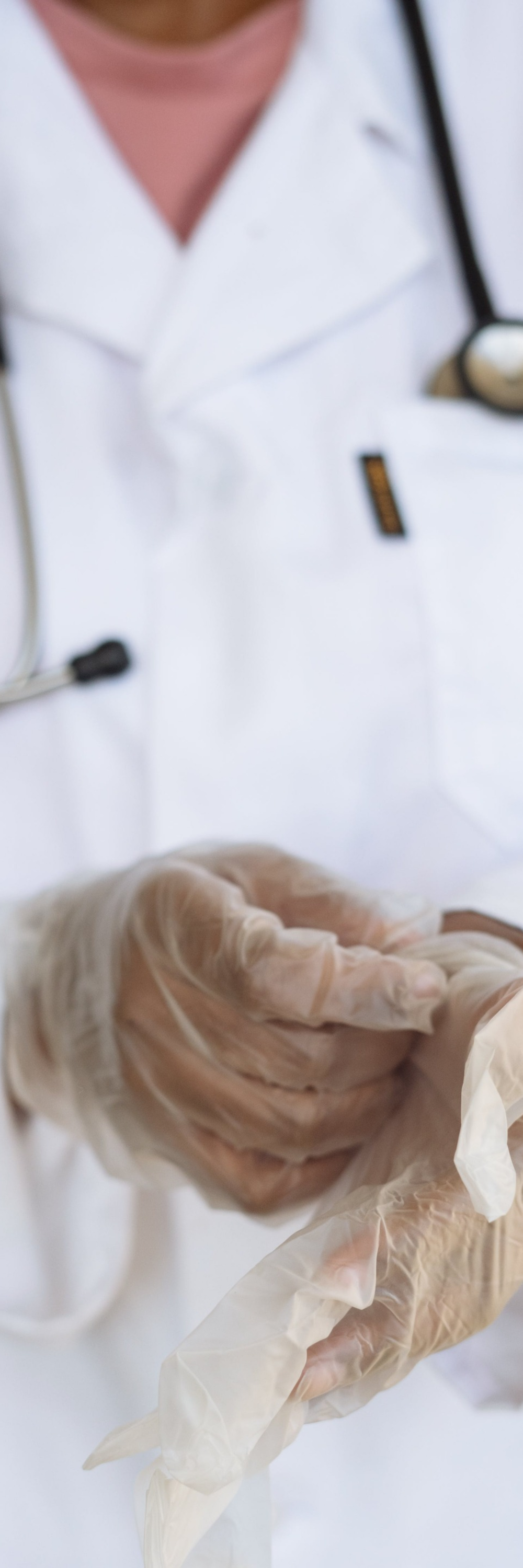Anti-viral
Anti-inflammatory
Airway dilation
Antiviral

Propolis extract Flavonoids 9%-18%
The flavonoids in propolis extract are a class of natural compounds that have antioxidant and anti-inflammatory properties. Research suggests that flavonoids may exert antiviral effects through multiple pathways. First, its antioxidant properties help neutralize free radicals and reduce cell damage caused by oxidative stress, thereby reducing the environment for viral replication. Secondly, flavonoids may slow down the spread of viruses and regulate immune system responses by inhibiting inflammatory responses. In addition, flavonoids are thought to interact directly with viral particles, preventing them from entering host cells.
Anti-inflammatory

Cordyceps sinensis extract Cordycepin 1000ppm
Cordycepin is one of the main active ingredients in Cordyceps sinensis and has a variety of biological activities. Research shows that cordycepin may affect respiratory inflammation through multiple pathways. First of all, cordycepin is considered to have antioxidant effects, able to neutralize free radicals in the body and reduce inflammatory reactions caused by oxidative stress. Secondly, cordycepin may regulate the activity of the immune system by inhibiting the release of inflammatory mediators, such as tumor necrosis factor-α (TNF-α) and interleukin-6 (IL-6), thereby reducing inflammation levels. In addition, cordycepin may also regulate the inflammatory process by affecting inflammatory signaling pathways, such as nuclear factor kappa B (NF-κB).

Ginger extract Gingerol 2%-5%
Gingerol, one of the main active components of ginger, has antioxidant and anti-inflammatory properties. Research suggests that gingerol may affect respiratory inflammation through multiple mechanisms. First, its antioxidant effect can reduce cell damage caused by oxidative stress, thereby reducing inflammation levels. Secondly, gingerol is believed to be able to inhibit the production of some inflammatory mediators, such as prostaglandin E2 (PGE2) and interleukin-6 (IL-6), thereby regulating the activity of the immune system and slowing down the inflammatory response.

Propolis extract Flavonoids 9%-18%
Research shows that flavonoids may affect respiratory inflammation through multiple pathways. First, its antioxidant effect helps neutralize free radicals and reduce the inflammatory response caused by oxidative stress. Secondly, flavonoids may regulate the activity of the immune system by inhibiting the release of inflammatory mediators, such as tumor necrosis factor-α (TNF-α) and interleukin-6 (IL-6), thereby reducing inflammation levels. In addition, flavonoids may also regulate the inflammatory process by affecting inflammatory signaling pathways, such as nuclear factor kappa B (NF-κB).
Airway dilation

NMN 99%
NMN for alleviating disruption of the airway epithelial barrier. Blockage of SIRT3 SUMOylation to enhance mitochondrial function and attenuate mitochondrial oxidative stress holds promise for the treatment of allergic asthma.

Broccoli seed extract Sulforaphane glucosinolate 1%-13%
SFN enhances antioxidant enzyme gene expression in airways, suggesting that ingestion of these foods could improve the anti-oxidant capacity of airways among asthmatics, thereby reducing airway inflammation, and ultimately improving clinical features of the disease, such as symptoms and lung function.High resolution CT scans disclosed that in asthmatics sulforaphane treatment resulted in a significant reduction in specific airway resistance and also increased small airway luminal area and airway trapping modestly but significantly





